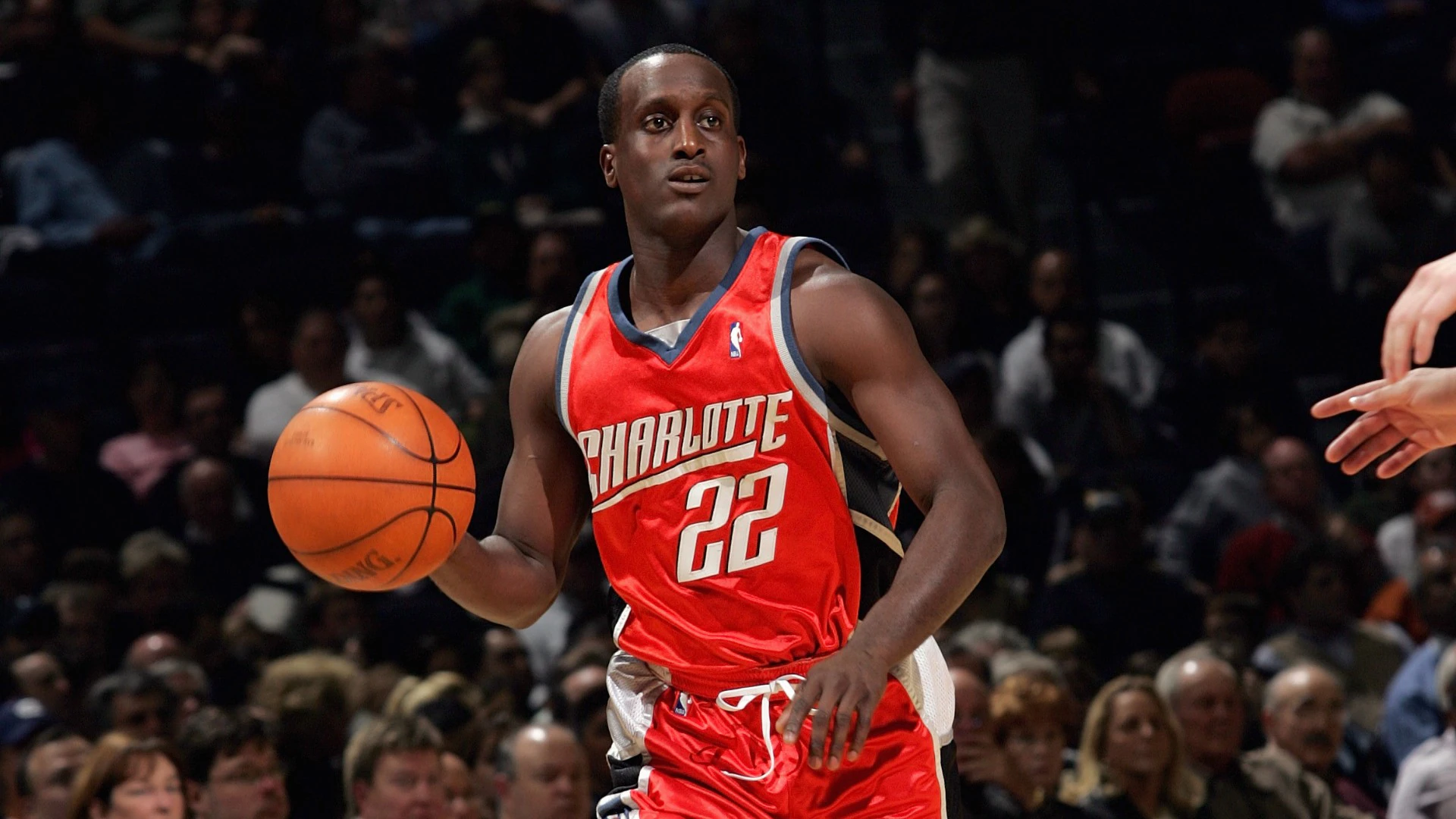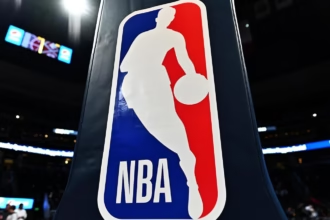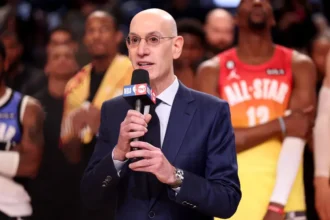The Washington Wizards, formerly known as the Bullets, have had a long and colorful history in the NBA. Over the decades, the franchise has seen some incredible playmakers who have elevated the game for their teammates. Among the many talented players to wear the jersey, three stand out for their exceptional passing ability in a single season: Russell Westbrook, John Wall, and Rod Strickland. These athletes didn’t just collect assists — they transformed how the Wizards played on the court.
1. Russell Westbrook – 2020–21 (11.7 APG)
In the 2020–21 NBA season, Russell Westbrook delivered one of the most impressive campaigns in Wizards history. Averaging 11.7 assists per game, he set the franchise record for the highest single-season mark. Playing 65 games, Westbrook nearly averaged a triple-double with 22.2 points, 11.5 rebounds, and those remarkable 11.7 assists.
His arrival in Washington brought an immediate spark. Known for his relentless energy and aggressive play, Westbrook pushed the pace and found ways to set up teammates like Bradley Beal for easy baskets. His passing was not only about numbers — it was about leadership, intensity, and keeping the Wizards’ offense alive in tight games.
2. John Wall – 2016–17 (10.7 APG)
John Wall, the face of the franchise for nearly a decade, had his best statistical passing season in 2016–17. Averaging 10.7 assists per game, Wall also contributed 23.1 points and 2.0 steals per contest. That year, he earned an All-NBA Third Team selection and made his fourth consecutive All-Star appearance.
Wall’s passing game was a mix of speed, precision, and vision. His ability to drive into the lane and dish to an open shooter became a signature move. The chemistry between Wall and his teammates was evident, and his style of play energized the crowd in Washington night after night.
3. Rod Strickland – 1997–98 (10.5 APG)
Long before Westbrook and Wall, Rod Strickland made his mark during the 1997–98 season with 10.5 assists per game. In addition to his passing numbers, Strickland averaged 17.8 points and 5.3 rebounds. His performance that year earned him the only All-NBA honor of his career.
Strickland was known for his creativity and ability to control the tempo of the game. He could thread passes through tight defenses and set up big men in perfect scoring positions. His leadership and consistency helped stabilize the team during a competitive era in the Eastern Conference.
Top 3 Wizards Single-Season APG Leaders
| Player | Season | Assists Per Game |
|---|---|---|
| Russell Westbrook | 2020–21 | 11.7 |
| John Wall | 2016–17 | 10.7 |
| Rod Strickland | 1997–98 | 10.5 |
Breaking double digits in assists per game is no easy feat. It requires not just personal talent but also strong teamwork, excellent spacing, and a coach willing to let the point guard control the offense. For the Wizards, these seasons are significant because they represent moments when the offense was firing on all cylinders.
Westbrook’s record-setting pace brought modern triple-double magic to D.C. Wall’s lightning-fast style defined a generation of Wizards basketball. Strickland’s crafty playmaking was ahead of its time.
The Bigger NBA Context
While John Stockton and Magic Johnson dominate all-time assist records, breaking the 10 APG mark in any era is elite. Westbrook, Wall, and Strickland each achieved it with the Wizards, placing them in rare company in franchise and league history.
Their efforts prove that great passing can completely transform a team’s identity. Each of these seasons not only boosted individual stats but also created more scoring opportunities for everyone on the floor.
Final Thoughts
From Westbrook’s relentless triple-double drive to Wall’s blazing speed and Strickland’s court vision, these single-season performances are a testament to the art of playmaking. They remain benchmarks for any future Wizards point guard aiming to etch their name in the record books.
For fans, these seasons are more than numbers — they’re reminders of the excitement, teamwork, and unselfishness that define the best moments in basketball.










